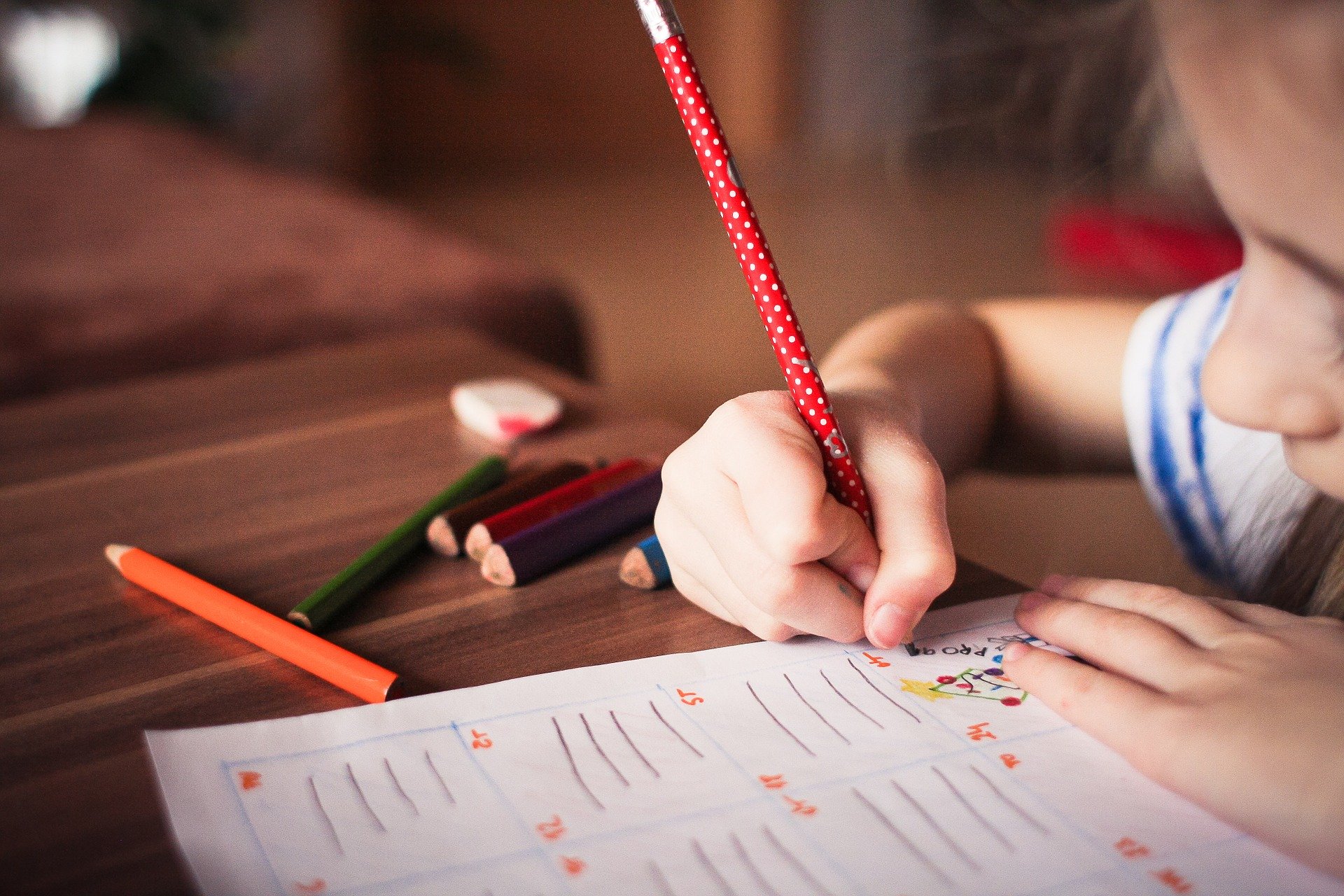
Embark Federation is an Education Charitable Trust that serves 3,000 children and their families across 9 schools in Derbyshire. To overcome the challenges that have come with the outbreak of COVID-19, Matthew Crawford, Trust Leader, led a Reconnection to Recovery and Resilience programme which focused on the social, emotional and mental health needs of children and staff. The programme has been shared widely across all trusts and many local authorities and is expected to impact at least 4 million children.
Matthew and staff at Embark, Sarah Armitage and Anna Upton, reflect on the preparation undertaken in their Reconnection to Recovery and Resilience programme to open schools to Reception, Year 1 and Year 6 pupils.
What is the Reconnection to Recovery and Resilience programme?
Early on in the pandemic, we began to plan ahead, thinking about some of the issues children and families would be facing. How do we support children who might have been affected by family job losses, domestic violence or bereavement?
This has been the biggest leadership challenge of our life. We are carrying all our 3,000 children at Embark, our community, through a crisis. Our compass through this has been our core belief in families first and we have created a Recovery and Resilience programme with the children’s emotional needs at its centre. We want nothing more than for our schools to be vibrant places again, where the children love learning.
How did we implement the programme?
The first stage of the programme focused on staying connected with families. Children were encouraged to keep scrapbooks - recording events whether that be making a cup of tea with Dad or joining Joe Wicks for their morning exercise. They were also encouraged to make time capsules during lockdown, including future artefacts like the letter every household in the UK received from the UK Government urging people to stay at home.
We knew that schools returning couldn’t be a ‘one size fits all’ approach. Another key strand of our recovery programme was, in line with government guidance, carrying out bespoke risk assessments for each of our nine schools. One of our schools is nearly 300 years old with narrow corridors and small classrooms, while others contain lots of large spaces so social distancing will be much easier.
Anna- Headteacher at Chaucer Junior School - alongside the Year 6 team sent out questionnaires to all of Chaucer Junior’s parents so they could express their concerns, and then we rang them to discuss. In nearly every conversation, as we explained to our families how the new measures would work, we could sense them relaxing on the end of the line. Parents helped come up with ideas for the return to school too – one suggested a video tour of what the classrooms look like now so the children can see how they’re different from before and know what they’re returning to.
Chaucer Junior School has 240 pupils and is housed in a building with interconnected classrooms. We don’t have corridors in some places, so we have created a one-way system meaning the children won’t bump into each other. We’ve factored in that some children require more physical space than others because they have some form of special educational and/or emotional needs. As for hand washing, we’ll be encouraging them to wash their hands at regular intervals in wash basins in the classroom.
We’re also introducing staggered drop-offs and break-times, and my team and I have measured all the classrooms to work out the size of the ‘bubbles’ – groups of a maximum of 15 pupils – we can fit. Children can take in their own lunches or enjoy healthy packed lunches in a bag provided by the school, all safely delivered to the classroom door to avoid children congregating in the dining hall.
Looking to the future
There’s a lot to look forward to, including a museum of hope, humanity and love that we plan to have ready to share with the communities across our nine Embark schools at Christmas. We’re calling it the Rising Strong Museum and celebrating the good that has come from this, like honouring the NHS and our key workers. The message is clear, from this pandemic we’re rising strong.
We know that we have created something with this programme that we hope will be massively beneficial. Our role as leaders is to continue putting emotional needs at the heart of everything we do, because then children are able to learn and benefit – and move through this crisis.
1 comment
Comment by Carol brammer posted on
Really great resources and pathway- We certainly benefitted as a school from these resources and the thinking that went into them. Great to see it recognised and shared.